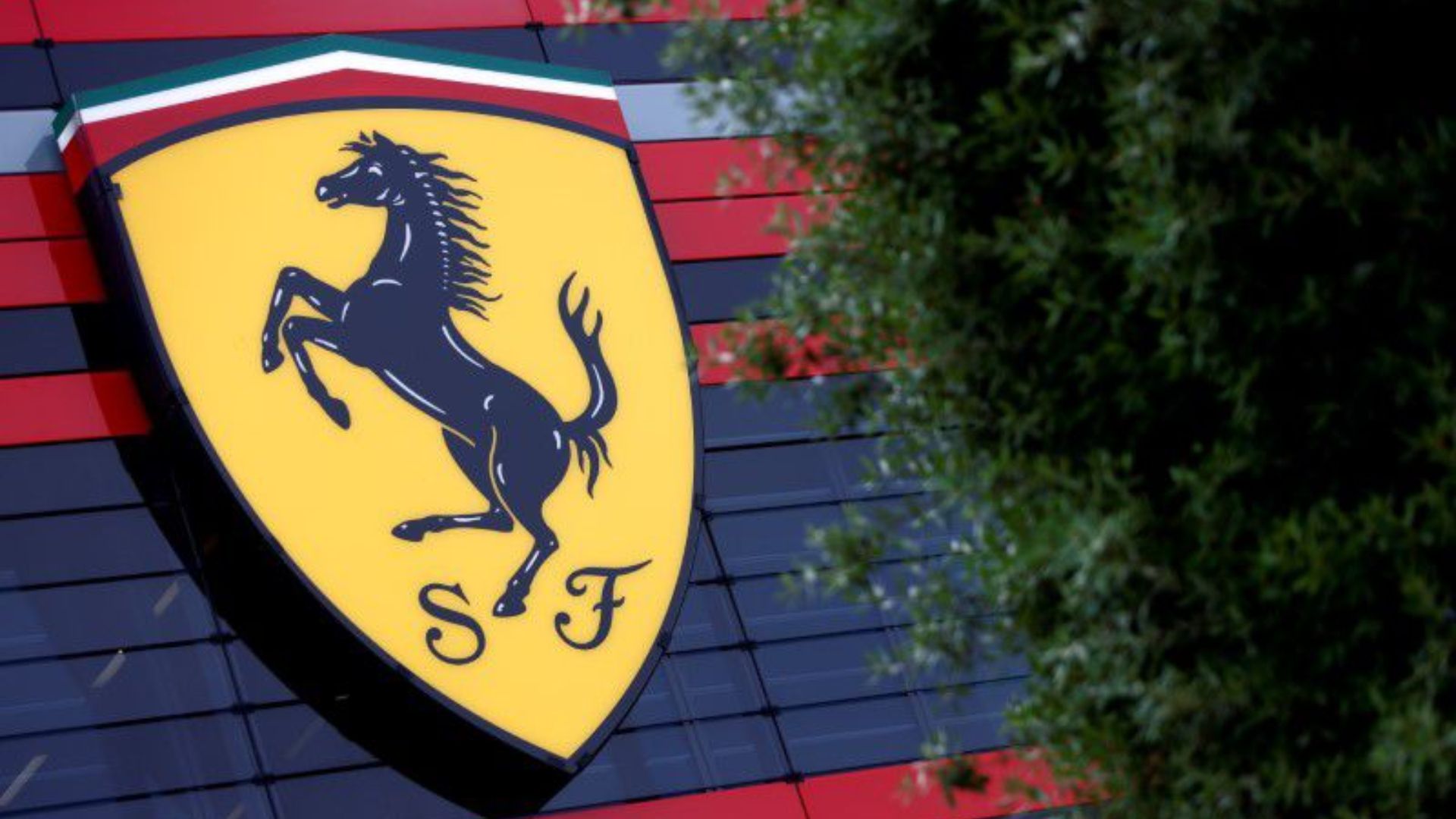BOLOGNA, Italy, (Reuters) – Ferrari wants to increase its expertise in battery cells given their importance in its shift to electrified vehicles, but it has no plans to manufacture them itself, its CEO Benedetto Vigna said on Monday.
The Italian luxury sports car maker has been selling hybrid-electric cars since 2019 and has promised its first-fully electric vehicle at the end of next year. Ferrari, which sold just shy of 14,000 cars last year, might not have the scale to produce its own cells profitably.
“We want to open up cells and understand what is in there,” Vigna said at the opening of a research centre on battery cells in partnership with Italy’s Bologna University and chipmaker NXP Semiconductors.
“Production will always be done through external manufacturers, based on the know-how we hope to acquire through this research centre,” Vigna said during a presentation.
“We cannot afford to take cells as black boxes,” he added.
The E-Cells Lab is focused on electrochemistry and is aimed at boosting Ferrari’s long term expertise in battery cells, which it buys from external suppliers.
“We’ll use more and more cells and will … need to know the chemistry,” Vigna said.
E-Cells Lab would initially focus on lithium-based, liquid-state cells, but was ready to turn to address new chemistries and technologies, although Vigna said he did not see solid-state batteries as a real option for the time being.
Reporting by Giulio Piovaccari; Editing by Alexander Smith











